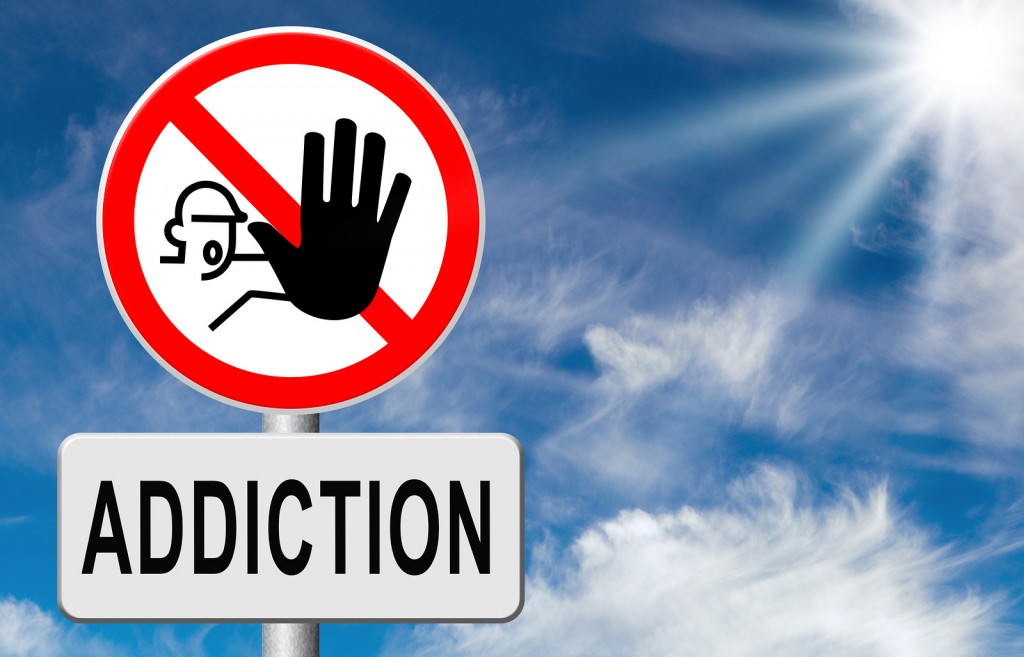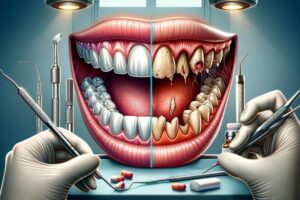"A dear friend underwent rapid detox at the Waismann Method and all we can say is “THANK YOU”. My friend had (for years) been in a seemingly endless cycle of rehab and relapse. Even at some of the top rehabs, he still seemed to find his way back to opiates. I’m so grateful to say that it’s been almost a full year since his treatment at the Waismann Method and he is better than ever! He is finally himself again. Thank you to the caring, knowledgeable, warm and patient staff that supported and assisted my friend from start to finish! It was a blessing that we heard about the Waismann Method - our only wish is that we tried it sooner!"
















